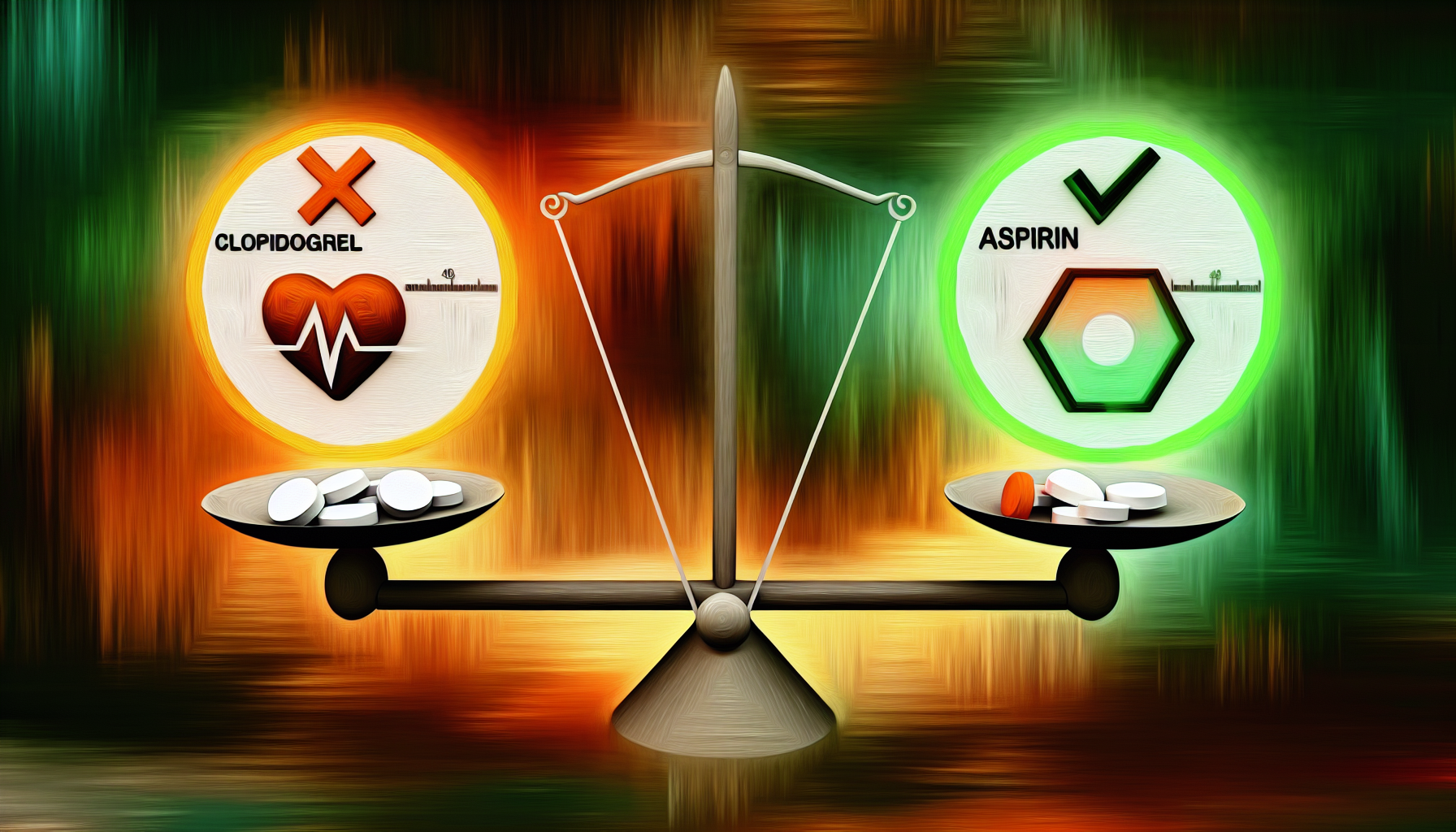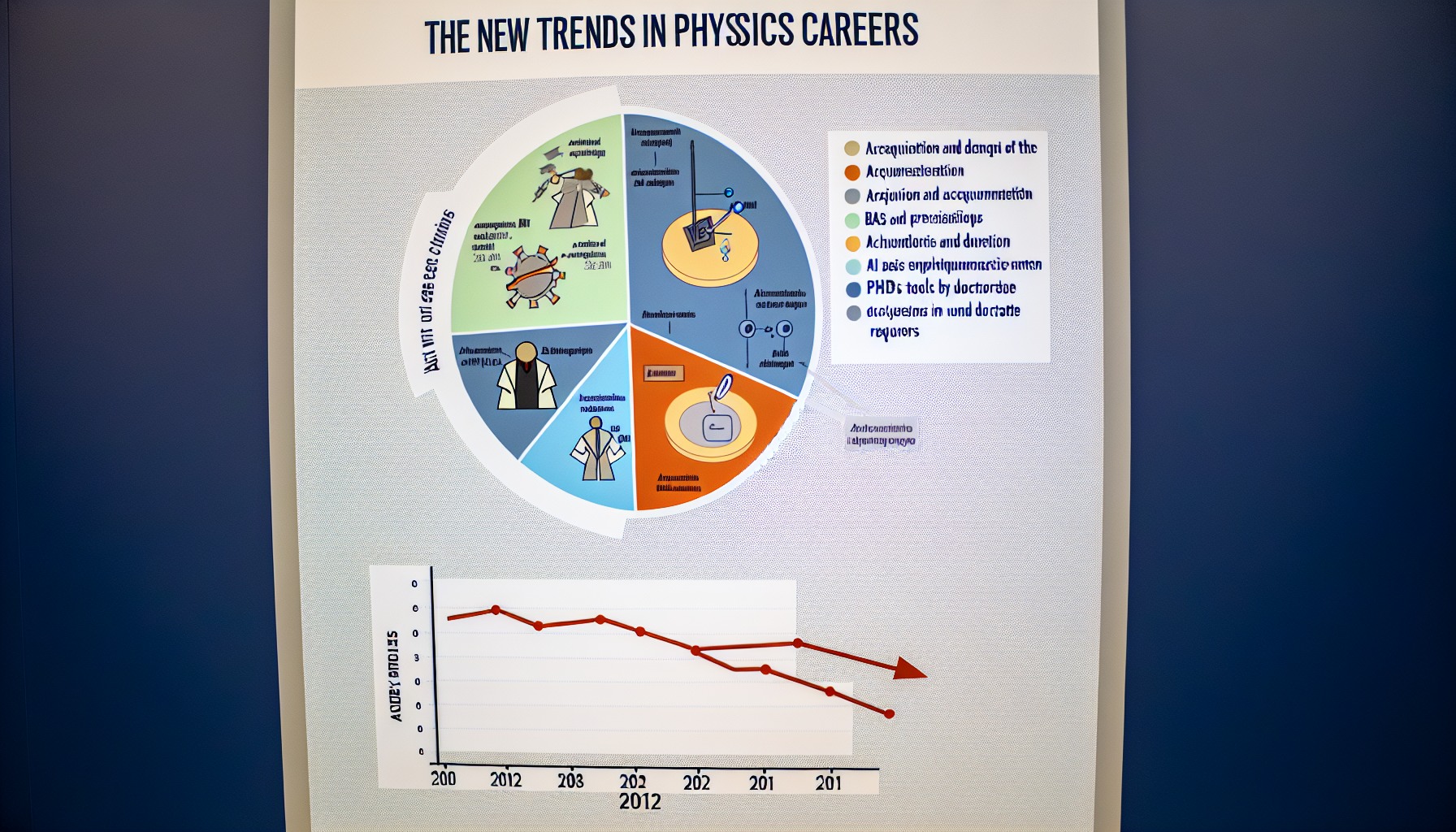Doctors are revisiting Clopidogrel vs Aspirin after new pooled randomized evidence shows clopidogrel monotherapy cuts major adverse cardiovascular events (MACE) by about 15% versus aspirin, without more major bleeding in trials to date [2]. That signal aligns with the landmark CAPRIE trial’s 8.7% relative risk reduction and ACC‑reported 29% fewer events in high‑risk patients after stenting over more than two years [1][3].
Key Takeaways
– Shows clopidogrel cut major adverse cardiovascular events by 15% versus aspirin across 33,508 patients in six randomized trials, with no increase in severe bleeding [2].
– Reveals CAPRIE randomized 19,185 atherosclerotic patients to clopidogrel or aspirin, yielding an 8.7% relative risk reduction in stroke, heart attack, or vascular death [1].
– Demonstrates in post‑PCI patients, clopidogrel monotherapy cut death, MI, or stroke by 29% over more than two years, without higher major bleeding rates [3].
– Indicates professional societies report P2Y12 monotherapy after 1–3 months of DAPT can reduce bleeding while preventing ischemic events in selected high‑risk settings [4].
– Suggests 2–14% of people are CYP2C19 poor metabolizers, potentially diminishing clopidogrel efficacy; clinicians may consider testing or alternatives, avoiding abrupt therapy changes [5].
Clopidogrel vs Aspirin across major trials
The latest systematic review and meta‑analysis pooled six randomized trials including 33,508 patients with atherosclerotic cardiovascular disease and found clopidogrel monotherapy reduced MACE versus aspirin (odds ratio 0.85; 95% CI 0.77–0.94) [2]. The reduction was largely driven by fewer non‑fatal myocardial infarctions and ischemic strokes, with no statistically significant increase in total or severe bleeding events across the included trials [2].
These contemporary findings echo the first large head‑to‑head evidence from CAPRIE in 1996, which randomized 19,185 patients with recent ischemic stroke, MI, or symptomatic peripheral arterial disease to clopidogrel 75 mg daily versus aspirin 325 mg daily [1]. Over a mean follow‑up of approximately 1.9 years, clopidogrel conferred an 8.7% relative risk reduction for the composite of ischemic stroke, MI, or vascular death (p=0.043), with no major safety differences reported by investigators [1].
Together, the historical CAPRIE signal and modern pooled estimates support a consistent advantage favoring clopidogrel over aspirin for secondary prevention—an advantage that remains modest in relative terms but clinically meaningful at population scale given the high baseline risk in atherosclerotic disease [1][2].
Where the advantage is strongest after PCI
In patients who had coronary stents and completed standard‑duration dual antiplatelet therapy (DAPT), ACC press materials highlight that clopidogrel monotherapy reduced a composite of all‑cause death, MI, or stroke by 29% versus aspirin monotherapy, with a median follow‑up exceeding two years [3]. Importantly, that improvement did not come with a penalty in major bleeding, reinforcing clopidogrel’s net clinical benefit in this high‑risk cohort [3].
This post‑PCI context overlaps with evolving strategies discussed at ESC Congress 2025, where multiple trials assessed P2Y12 inhibitor monotherapy after early aspirin withdrawal and found comparable ischemic outcomes with less bleeding in selected patients [4]. While individual protocols vary, the direction of evidence has prompted renewed debate over whether long‑term monotherapy should favor a P2Y12 inhibitor like clopidogrel rather than aspirin in many patients after DAPT [4].
Clopidogrel vs Aspirin: bleeding, safety, genetics
Safety findings are central to the Clopidogrel vs Aspirin question. The 2025 meta‑analysis found no significant increase in total or severe bleeding with clopidogrel monotherapy compared with aspirin across randomized trials, even as ischemic events fell [2]. ACC’s post‑PCI data similarly reported no uptick in major bleeding despite a 29% reduction in the primary composite endpoint on clopidogrel [3].
One critical caveat is pharmacogenomics. The FDA’s boxed warning notes patients who are poor metabolizers of clopidogrel via CYP2C19—estimated at roughly 2–14% depending on ancestry—may derive reduced antiplatelet effect [5]. The agency recommends clinicians consider alternative P2Y12 inhibitors or genotype testing when appropriate and cautions patients not to stop clopidogrel without medical advice: “Patients should not stop taking Plavix unless told to do so by their health care professional” [5].
What professional bodies are signaling
Beyond individual trials, the European Society of Cardiology summarized new evidence at ESC 2025 indicating that dropping aspirin after 1–3 months of DAPT and continuing P2Y12 inhibitor monotherapy can reduce bleeding while maintaining protection against recurrent ischemic events in selected scenarios [4]. These practice patterns set the stage for broader reassessment of long‑term single antiplatelet therapy choices after PCI [4].
Cardiologists at the American College of Cardiology emphasized the same theme in 2025. “In our study, clopidogrel beat aspirin as lifelong maintenance monotherapy after standard‑duration dual antiplatelet therapy,” said investigator Joo‑Yong Hahn, MD, underscoring fewer deaths, MIs, or strokes on clopidogrel without more major bleeding [3]. Professional societies are now reviewing aggregate data, and guideline updates are possible as consensus builds [3][4].
Methodology, endpoints, and what the numbers mean
The modern meta‑analysis used an odds ratio of 0.85 (95% CI 0.77–0.94) for MACE, synthesizing six randomized trials with 33,508 participants and contemporary background therapies [2]. That roughly 15% relative reduction is consistent with pivotal single‑trial estimates but with narrower uncertainty, given the larger pooled sample and event counts across trials [2].
CAPRIE’s design remains a touchstone: it tested clopidogrel 75 mg daily versus aspirin 325 mg daily across three clinical entry cohorts, with a mean follow‑up near 1.9 years and the composite endpoint of ischemic stroke, MI, or vascular death [1]. The trial’s 8.7% relative risk reduction reached statistical significance (p=0.043), and investigators reported no major safety differences, informing decades of secondary prevention practice [1].
Post‑PCI analyses focus on a particularly high‑risk subset, often tracking a similar composite endpoint (death, MI, stroke) across more than two years of follow‑up [3]. The 29% relative reduction reported by the ACC reflects a larger magnitude than the all‑comers atherosclerosis signal, likely due to higher baseline risk and event density after coronary stenting, where even modest relative improvements translate into appreciable absolute benefits [3].
Clinical implications and who might benefit most
For patients with established atherosclerotic cardiovascular disease, the evidence now suggests clopidogrel monotherapy should be considered over aspirin for long‑term secondary prevention, balancing fewer ischemic events against a similar major bleeding risk profile in randomized comparisons [2]. For post‑PCI patients transitioning off DAPT, clopidogrel maintenance therapy appears to deliver a robust relative reduction without added bleeding in high‑risk cohorts [3].
Implementation will vary by patient factors, including age, comorbidities, bleeding history, concomitant therapies, and genetic determinants of clopidogrel metabolism [2][5]. As ESC 2025 highlighted, patient selection is crucial when shifting toward P2Y12 inhibitor monotherapy, particularly in early aspirin withdrawal strategies designed to reduce bleeding while sustaining ischemic protection [4].
Caveats, cost, and access
Clopidogrel is widely available as a generic, which reduces cost barriers relative to branded P2Y12 inhibitors, though aspirin remains cheaper and more ubiquitous [2]. Access and prescribing patterns differ by region, and translating trial protocols into routine care requires clinician education, patient counseling, and attention to drug‑drug interactions and adherence [2][4].
Pharmacogenomic testing for CYP2C19 can refine selection in settings where poor metabolism is suspected or where clopidogrel response is critical; however, testing availability and turnaround times vary [5]. Where poor metabolizer status is confirmed, clinicians may pivot to alternative P2Y12 inhibitors rather than reverting to aspirin by default, consistent with the FDA boxed warning’s guidance framework [5].
Bottom line on Clopidogrel vs Aspirin
Across three decades of evidence—from CAPRIE’s 8.7% relative benefit to a modern 15% MACE reduction and a 29% post‑PCI decrease—clopidogrel consistently outperforms aspirin without increasing major bleeding in randomized trials [1][2][3]. ESC and ACC communications suggest practice is already shifting toward P2Y12 inhibitor monotherapy in selected patients, setting up potential guideline refinements [3][4].
Patients should not change prescribed therapy without medical guidance, especially given CYP2C19 variability that can blunt clopidogrel’s effect in 2–14% of people [5]. But for the majority, the latest data strengthen the case that clopidogrel is the safer bet for preventing heart attacks and strokes compared with aspirin monotherapy [2][3][4].
Sources:
[1] The Lancet (original trial) – A randomised, blinded, trial of clopidogrel versus aspirin in patients at risk of ischaemic events (CAPRIE): https://www.thelancet.com/journals/lancet/article/PIIS0140673696094573/abstract
[2] PubMed / peer‑reviewed meta‑analysis – Antiplatelet therapy with clopidogrel versus aspirin in atherosclerotic cardiovascular disease: a systematic review and meta-analysis: https://pubmed.ncbi.nlm.nih.gov/40845727/
[3] American College of Cardiology – Clopidogrel Outperforms Aspirin Monotherapy: https://www.acc.org/About-ACC/Press-Releases/2025/03/30/15/43/Clopidogrel-Outperforms-Aspirin-Monotherapy
[4] European Society of Cardiology – New trial evidence on the use of blood thinners after coronary stenting: https://www.escardio.org/The-ESC/Press-Office/Press-releases/New-trial-evidence-on-the-use-of-blood-thinners-after-coronary-stenting
[5] U.S. Food and Drug Administration – FDA Drug Safety Communication: Reduced effectiveness of Plavix (clopidogrel) in patients who are poor metabolizers of the drug: https://www.fda.gov/drugs/postmarket-drug-safety-information-patients-and-providers/fda-drug-safety-communication-reduced-effectiveness-plavix-clopidogrel-patients-who-are-poor
Image generated by DALL-E 3









Leave a Reply